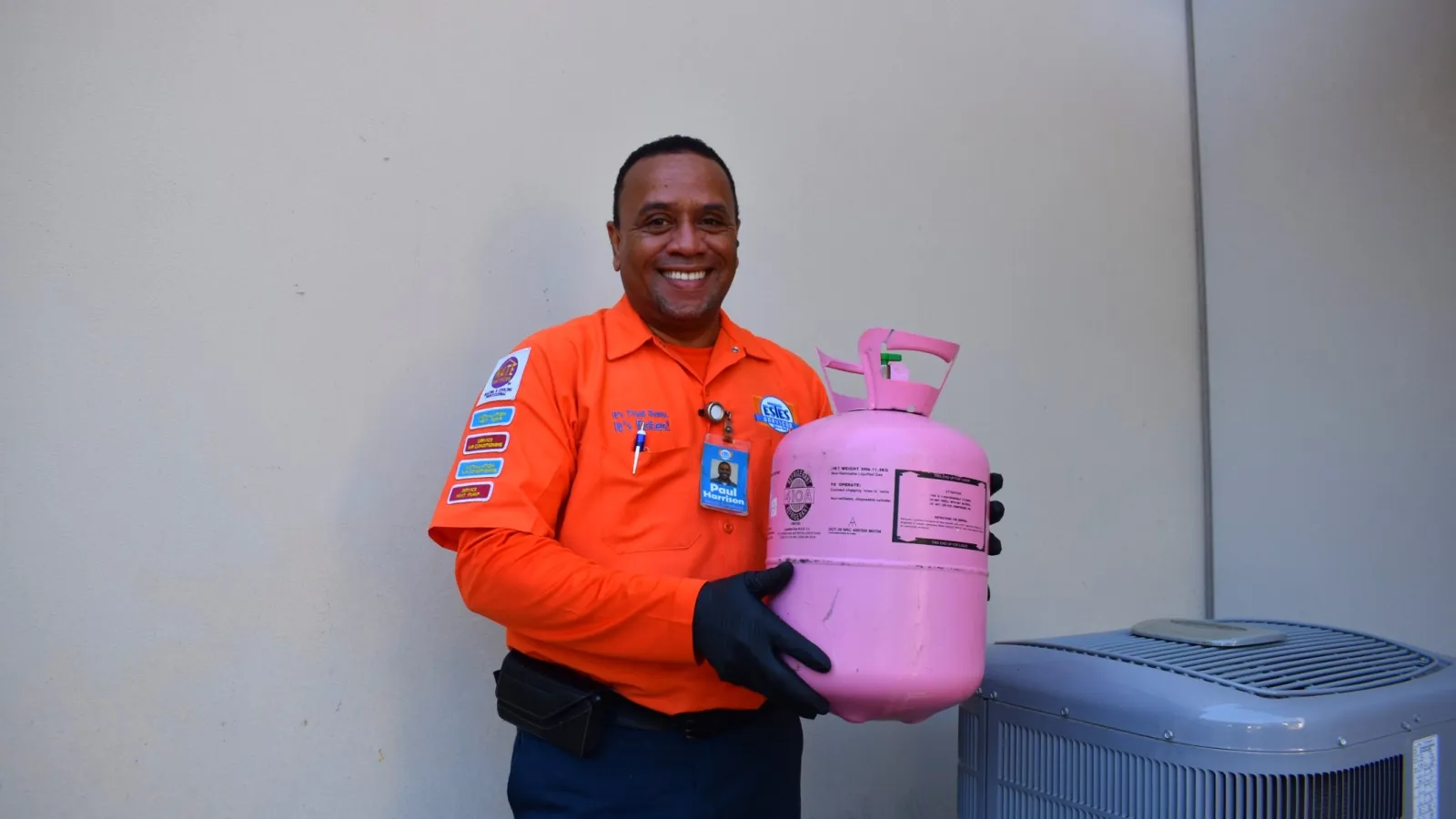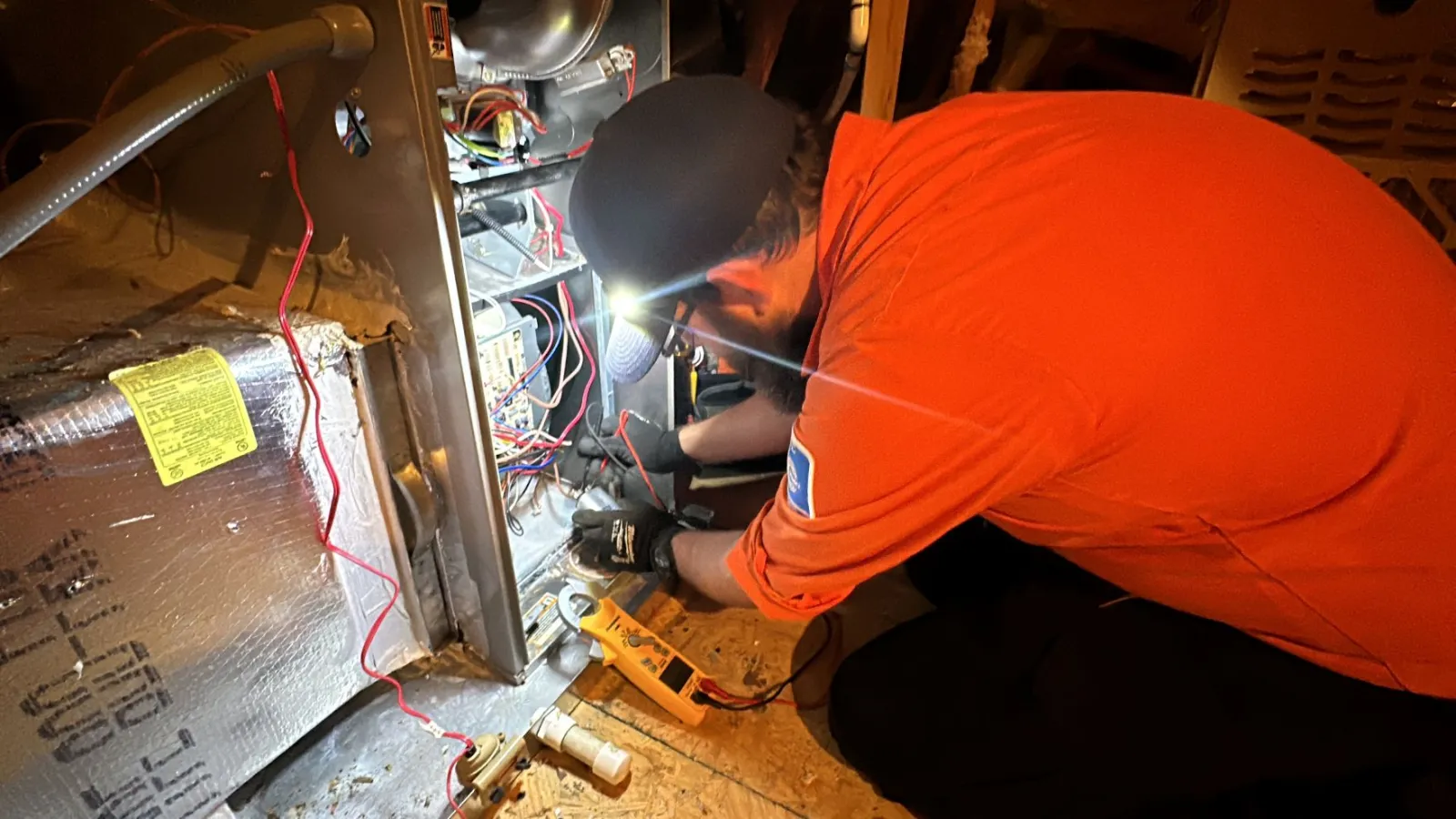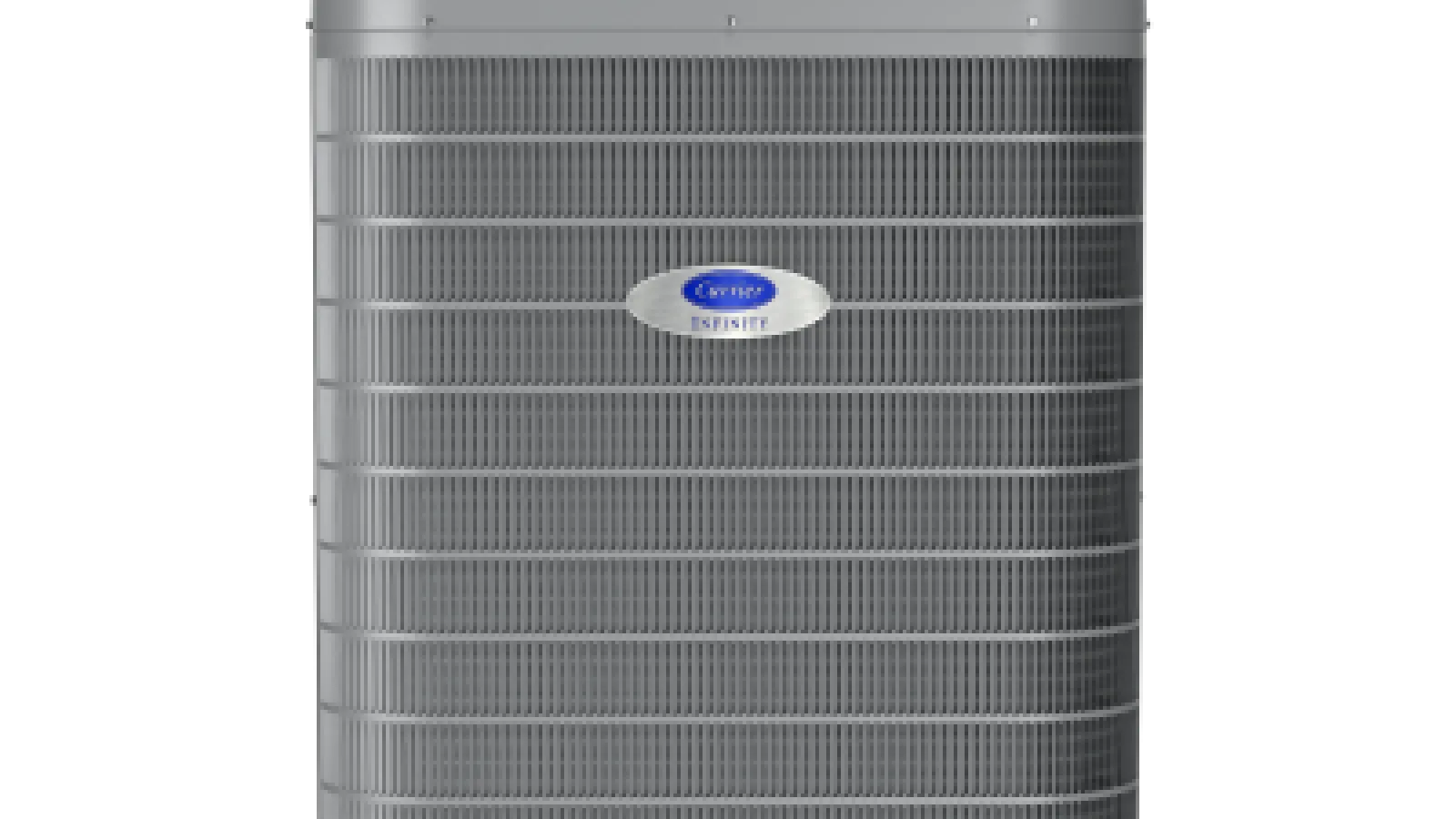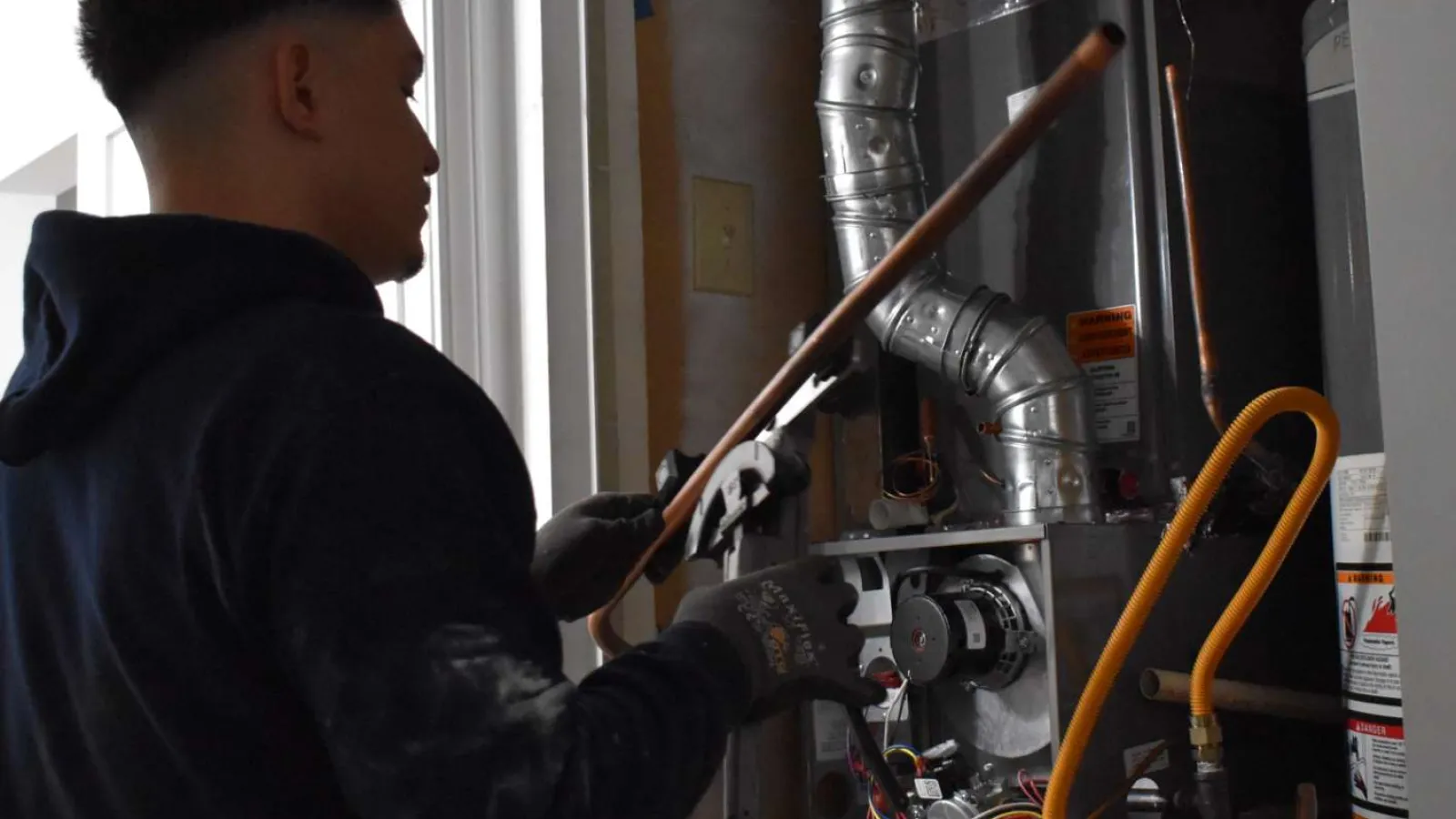5 Signs Your Air-Conditioner is Low In Refrigerant
Are you noticing higher utility bills, a noisy air conditioner, and an abnormally warm home? Your air conditioner may be low on refrigerant. This is one of the most common issues that can undermine its performance. That's why we will cover five of the most common signs that your unit may be low in refrigerant.
It is important to find and fix refrigerant leaks early. Left unchecked, a refrigerant leak can worsen. In fact, you can damage your system by running it with low refrigerant levels, leading to expensive air-conditioning repair or even a full system replacement. As Atlanta temperatures soar this summer, ensuring you have proper refrigerant levels is crucial.
Thus, if you wonder whether your Atlanta home is low in refrigerant, continue reading now to find out the 5 most common signs you need to watch out for.
What is Refrigerant, and Why Do You Need It?
Before diving into the signs your home is low in refrigerant, let's quickly review what exactly refrigerant is and why it's so important. Refrigerants are chemical substances used in refrigeration and air conditioning systems. They absorb and release heat while transitioning from liquid to gas forms and vice versa.
Refrigerants usually have low boiling points and can easily transition between liquid and gas, absorbing and transferring heat with each transformation. At the start of the process, the refrigerant will be in liquid form and travel through the indoor unit's evaporator coil's copper tubing. When warm air passes over the copper coils, the refrigerant will absorb the heat and eventually boil and transition from a liquid to a gas form. The gas will then reach the outdoor unit by passing through copper tubing.
Next, the air conditioner's compressor will place pressure on the gaseous refrigerant, concentrating the heat and raising the gas' temperature. The refrigerant will pass through the condenser coil, where it will be hit with outside air from the condenser fan. This causes the refrigerant to cool down, condense into a liquid form, and return to your indoor unit so the cycle can begin again.
In the past, we mainly relied on chlorofluorocarbons (CFCs) and hydrochlorofluorocarbons (HCFCs) as refrigerants. However, we've shifted away from these refrigerants in favor of more ozone-friendly options such as hydrofluorocarbons (HFCs) or hydrofluoroolefins (HFOs). Today, we're slowly phasing out R-410A with the HFC phasedown and replacing it with lower global warming potential refrigerants like R-32 and R-454B.
Without sufficient refrigerant, your air conditioner must work much harder to keep your home cool. This can result in higher electricity bills and wear down your system quickly. Left unchecked, low refrigerant can overheat the compressor, freeze the evaporator coil, and even lead to a complete system shutdown, resulting in costly repairs and even full system replacements.
How Can You Tell When Your Home Is Low In Refrigerant?
Having the proper refrigerant charge level is vital; however, refrigerant issues are not always easily apparent. In fact, most people don't think about refrigerant levels until they experience a high electricity bill or a hot house in the middle of the summer. So, how can you tell if your home is low in refrigerant before it reaches that point?
Keep an eye out for these five common signs:
1. Weak or Warm Airflow
If your refrigerant levels are low, you may notice that the airflow coming from your vents or heat pump feels weaker than normal. Since your air conditioning system relies on the proper flow of refrigerant through the evaporator coil and low refrigerant can freeze your evaporator coil, you may experience reduced airflow.
The air that does manage to come through may also feel lukewarm or even hot, which is the last thing you want on a hot day. After all, your air conditioning system won't have sufficient refrigerant to absorb enough heat from the air during each cycle. This not only reduces how much cool air your system can produce but also allows warm air to continue circulating in your home.
As a result of weak or warm airflow, it will take much longer than normal to cool your home. This can lead to longer run times, more energy consumption, and higher electricity bills, and your home may be uncomfortably warm.
2. An Accumulation of Ice or Frost on the Refrigerant Line or Evaporator Coil
Another potential sign that your air-conditioner is low on refrigerant is a buildup of ice or frost on your refrigerant line or evaporator coil. If there isn't enough refrigerant circulating throughout your system, the pressure inside your evaporator coil will drop and airflow will slow. The refrigerant will evaporate too quickly, freezing the evaporator coil and refrigerant line. Once this ice or frost melts, you may notice dripping or pooling water around your system.
However, low refrigerant isn't the only culprit behind frozen coils and refrigerant lines. It can also happen if you have dirty air filters, a malfunctioning fan, closed vents in your home, or other airflow restrictions.
3. Short Cycling
Short cycling is when your air conditioner turns on and off more frequently than it should and never completes a full cooling cycle. This happens because your compressor is put into overdrive when your system is low on refrigerant. Your compressor may overheat and shut down to protect itself from completely burning out, only to start up again shortly after.
Short cycling is a waste of energy that can increase your utility bills and cause your compressor to fail prematurely. Since the system isn't running long enough to dehumidify the air, your home can also start to feel clammy and even muggy if your unit is short cycling.
4. Strange Noises
Odd noises are never a good sign, and it's no different when it comes to your HVAC system. If you hear any hissing or bubbling sounds coming from your air-conditioner, you may have a refrigerant leak on your hands. Hissing likely means that refrigerant is escaping as a gas, while bubbling is a sign that the refrigerant is in liquid form.
Sources of hissing or bubbling often include the indoor evaporator coil or outdoor condensing unit. However, it's also possible for refrigerant lines, valves, connections, and other components to experience refrigerant leaks.
5. Lack of Maintenance
Last but not least, a general lack of preventative maintenance could be a sign of a potential refrigerant leak. If you can't recall the last time you had your unit checked for leaks by a licensed professional, it is better to get it checked out sooner rather than later.
Additionally, it is important to consider enrolling in a Maintenance Membership Plan to keep on top of maintenance requirements.
Keep Your Home Cool With Estes Services
Ultimately, having the right amount of refrigerant is crucial. If your unit doesn't have enough refrigerant, it won't be able to keep up, and you will have higher utility bills, a hotter home, and an overworked air-conditioner. That's why it is important to recognize the signs and symptoms of low refrigerant, and schedule service immediately.
If you notice any of these signs, do not wait; call a licensed Atlanta HVAC company like Estes Services today. By fixing your refrigerant leakage now, you can ensure comfort and efficiency, maximize the longevity of your unit, and save yourself from additional damage and repair expenses.
At Estes Services, our team of HVAC technicians is trained to diagnose and repair refrigerant leaks quickly and effectively, making our team one of the best HVAC companies in Atlanta. With 75 years of excellence and NATE-certified technicians, you can count on us to resolve your refrigerant issues.
We provide air-conditioning repair service throughout the greater Atlanta area including Alpharetta, Brookhaven, Buckhead, Canton, Cumming, Decatur, Druid Hills, Duluth, Dunwoody, East Cobb, Fayetteville, Kennesaw, Marietta, Newnan, Peachtree City, Roswell, Sandy Springs, Smyrna, Woodstock, and more.
Schedule service today, and let our HVAC experts handle your refrigerant issues so your air conditioner is back up and running in no time. It's that Easy; it's Estes! Since 1949.




